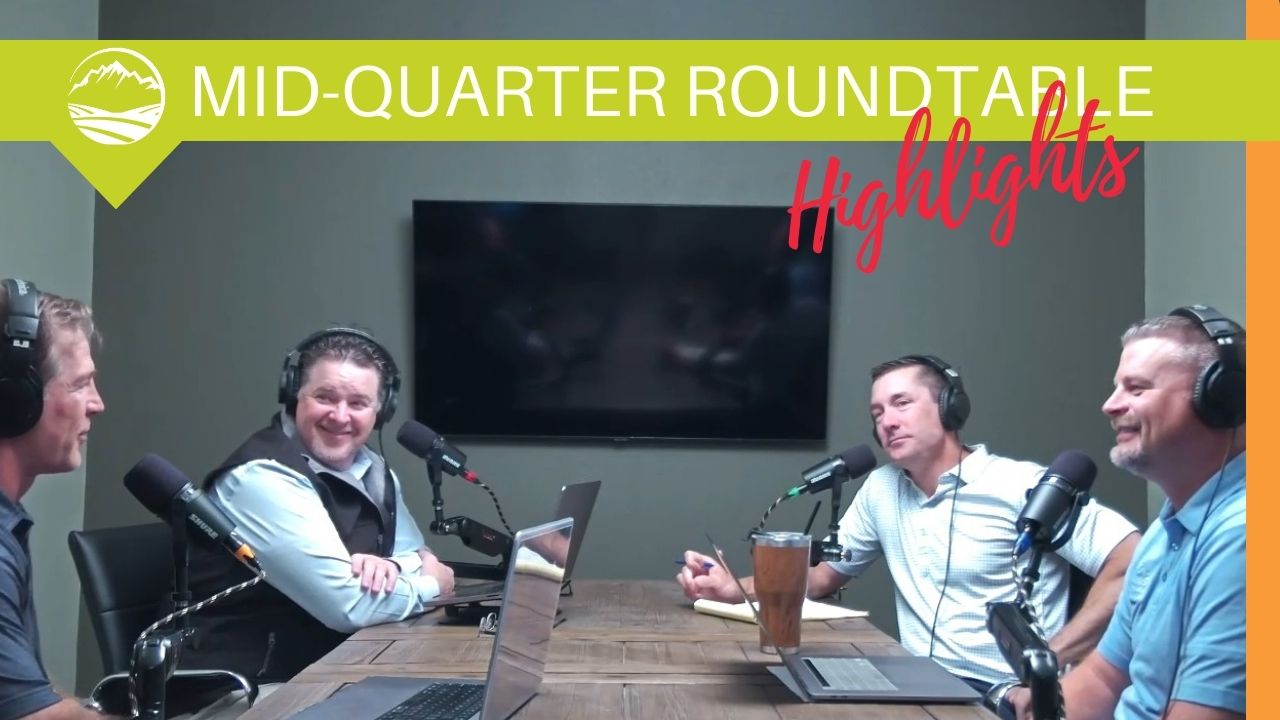You are now leaving the Strong Valley Wealth & Pension, LLC ("Strong Valley") website. By clicking on the "Schwab Alliance Access" link below you will be entering the Charles Schwab & Co., Inc. (“Schwab”) Website. Schwab is a registered broker-dealer, and is not affiliated with Strong Valley or any advisor(s) whose name(s) appears on this Website. Strong Valley is/are independently owned and operated. Schwab neither endorses nor recommends Strong Valley. Regardless of any referral or recommendation, Schwab does not endorse or recommend the investment strategy of any advisor. Schwab has agreements with Strong Valley under which Schwab provides Strong Valley with services related to your account. Schwab does not review the Strong Valley website(s), and makes no representation regarding the content of the Website(s). The information contained in the Strong Valley website should not be considered to be either a recommendation by Schwab or a solicitation of any offer to purchase or sell any securities.

What will inflation be in the coming years? The headline Consumer Price Index is important only as a general gauge. It may not accurately reflect your individual inflation rate. This article looks at some inflation components for you to consider, to get a better picture of your unique personal inflation rate based on your age and spending habits.

What will inflation be in the coming years? The real answer is that it varies according to your age and spending patterns. Inflation wallops someone with kids in college, and might be hardly noticeable to stay-at-home types. And recent inflation will stun someone looking for a used car, but might be a yawner for someone shopping for a new car.
Inflation is a sustained increase in prices for general goods and services in the economy and is typically measured annually. Theoretically speaking, as inflation rises, every dollar you own buys a smaller amount of a good or service.
While the reported inflation rate (typically reported as the CPI or Consumer Price Index) is important for Social Security income calculations, which rise with the index, it may not accurately reflect your individual inflation rate.
On June 10th, the U.S. Bureau of Labor Statistics announced that the Consumer Price Index increased 0.6% in May after rising 0.8% in April.
But maybe more importantly, the BLS reported that the overall inflation rate rose to 5% this past year, which is the largest 12-month increase since a 5.4% increase for the period ending August 2008. But that 5% annual inflation figure masks a huge range among the individual components of inflation – and will hit each of us differently.
Consider that:
In other words, if you are in the market for a new car, you’re in luck, as the inflation on new cars (3.3%) is less than the overall inflation rate (5.4%). But if you are in the market for a used car or truck, prepare for sticker shock as used cars and trucks have increased about 6x faster than the currently high inflation rate.
Oh, and to insure your car? Well that’s way up in price too.
On the other hand, the cost of medical care has slowed down (glass-half-full).
We get to choose some financial expenses and lifestyle choices, although others we must accept. People planning to retire commonly ask how to calculate the future rate of inflation because projecting what price increases lie ahead is central to anticipating annual income needs.
Sadly, there is no magic number. And often times the assumed number can be flawed and can vary significantly from one family to the next.
For example, if you enjoy travelling, you will likely incur many service expenses including hotels, dining and transportation, thus you should expect travel inflation will be higher than the reported CPI. Travel expenses tend to increase in the early years of retirement and slow later on as people take fewer trips.
On the other hand, if you are a homebody who does your own yardwork and property improvements, then you will likely encounter lower inflation levels relative to your traveling friends (although lumber prices have skyrocketed over the past year).
The key point is that your personal inflation rate is unique based on your age and your lifestyle. The headline CPI number is important only as a general gauge.
The more we consider prices as they relate to goods of the economy – and the lifestyle of the investor – the more accurate we can be in estimating an inflation number. For now, car dealerships are loving the higher prices for used cars and trucks.
Talk to your financial advisor to make sure you accurately project for inflation as you think about your retirement plans.



